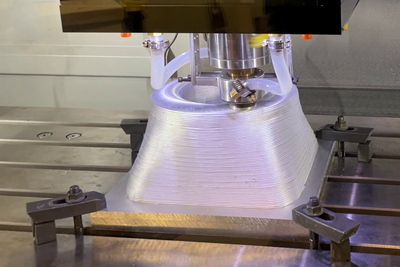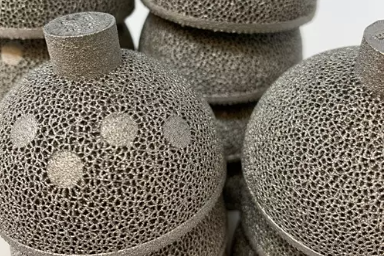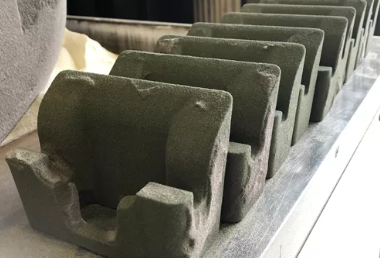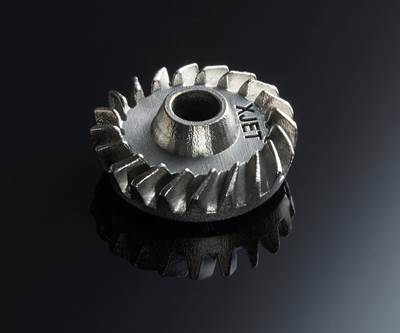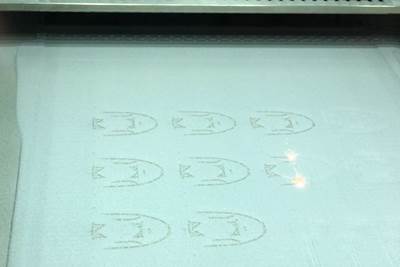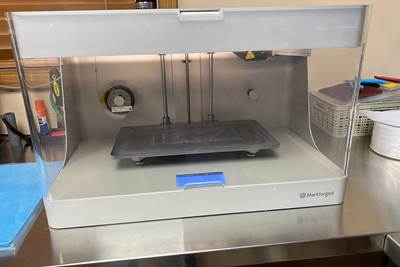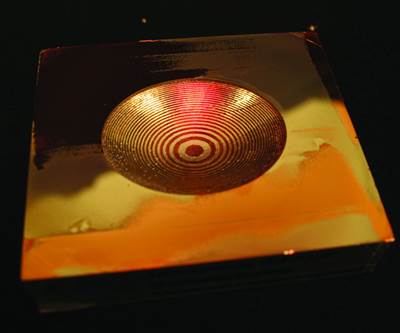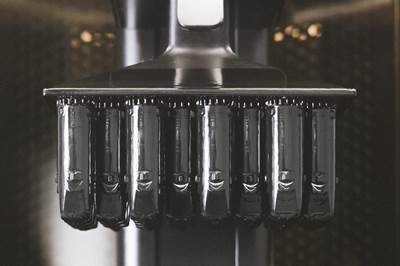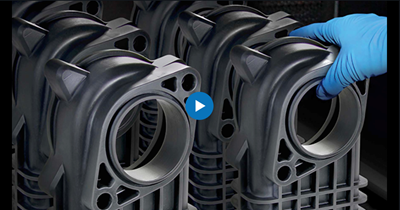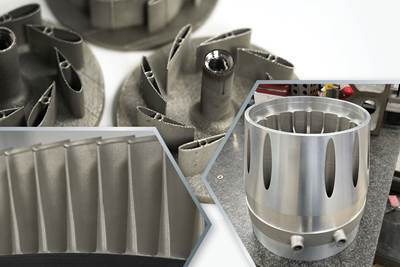Basics
Unusual Forms of 3D Printing, and How to Categorize This Technology: AM Radio #21A
In this episode of AM Radio, Stephanie Hendrixson and Peter Zelinski quiz each other on six 3D printing processes — some common, some novel. Test your own knowledge and stick around for a discussion about how to categorize (or maybe re-categorize) AM technologies.
ListenWhere Does Additive Manufacturing Make Sense?
3D printing’s earliest applications were for rapid prototyping. Additive manufacturing (AM) has advanced far beyond this with the maturation of various technologies and expansion of its materials envelope.
Read MoreAM 101: Additive Manufacturing Materials
In processes like machining, the material is a known quantity. A part starts as a block of material, or perhaps a forging or casting. Its form changes in the machining process, but its inherent material properties are already set. In additive manufacturing, however, the material properties are being established alongside the geometry of the part.
Read MoreAM 101: NanoParticle Jetting (NPJ)
The proprietary process from XJet builds ceramic and metal parts using nanoparticle suspensions. Learn how NPJ works in this introductory article, part of our AM 101 series.
Read MoreWhat is Powder Bed Fusion 3D Printing?
Whether in metal or polymer, with a laser or an electron beam, powder bed fusion (PBF) is one of the most widely used 3D printing techniques.
WatchEquipment Lists for Common AM Methods
The 3D printer itself is typically only one part of the investment in additive manufacturing. Nearly every process and application will require support beyond the printer and material.
Read MoreAM 101: What is Ultrasonic Additive Manufacturing?
Going from additive to subtractive can be simple with Ultrasonic Additive Manufacturing (UAM). What is it and how does it work? Learn the basics in this 101 post.
WatchAM 101: Digital Light Synthesis (DLS)
Digital Light Synthesis (DLS) is the name for Carbon's resin-based 3D printing process. How it works and how it differs from stereolithography.
Read MoreIntro to DLP: Learn the Basics of Digital Light Processing Technology
Digital light processing (DLP) is quickly emerging as a key technology to move the 3D printing of plastics from prototyping to mass production, delivering the material properties and part characteristics without the costs and delays of tooling. Learn the basics and how new innovations to DLP enable mass production.
Read MoreIn Power Generation, the Changes From 3D Printing Will Be System-Wide
Additive manufacturing holds promise for various vital components of a gas turbine, and for greater output in hydro and nuclear power as well. Recent articles find many different advances from AM that will sum to transform the power generation sector.
Read More
